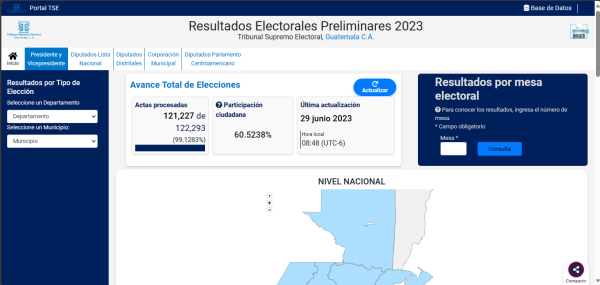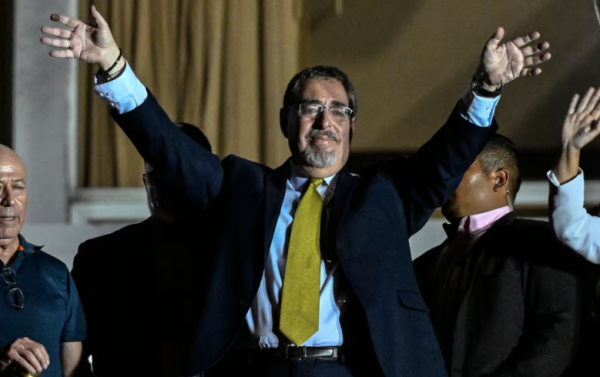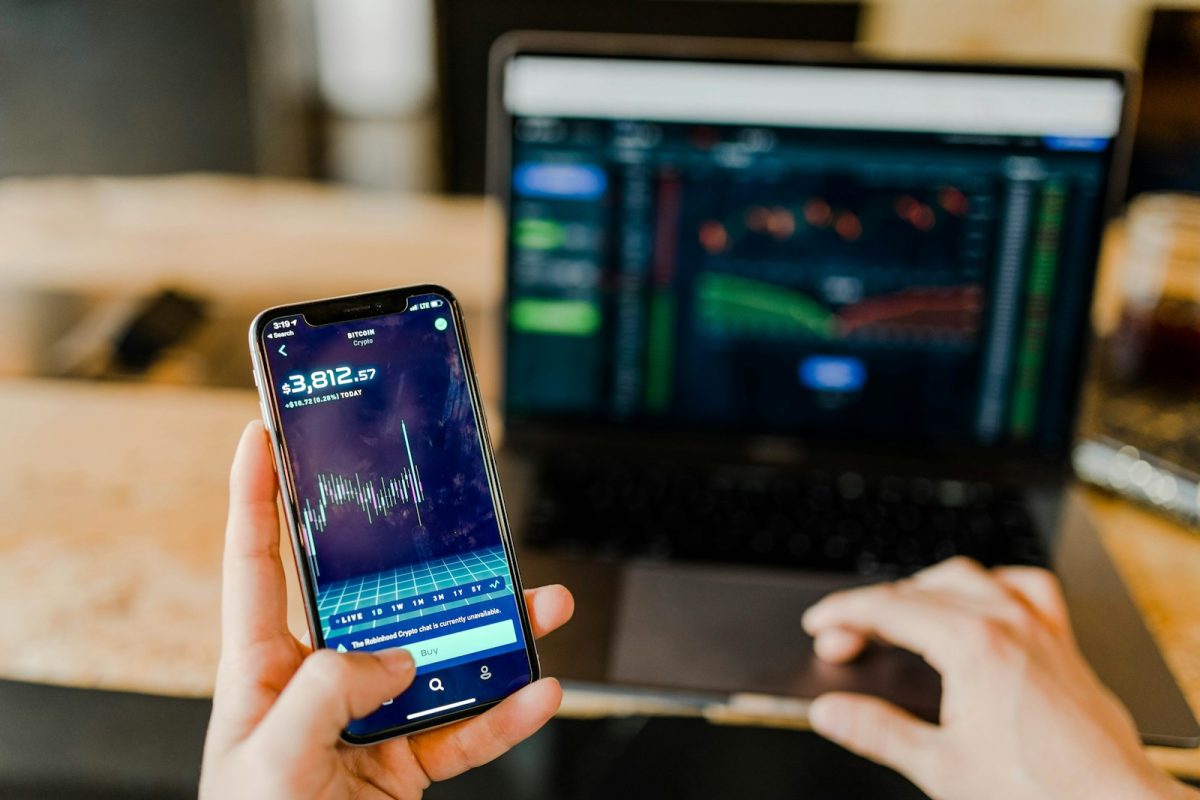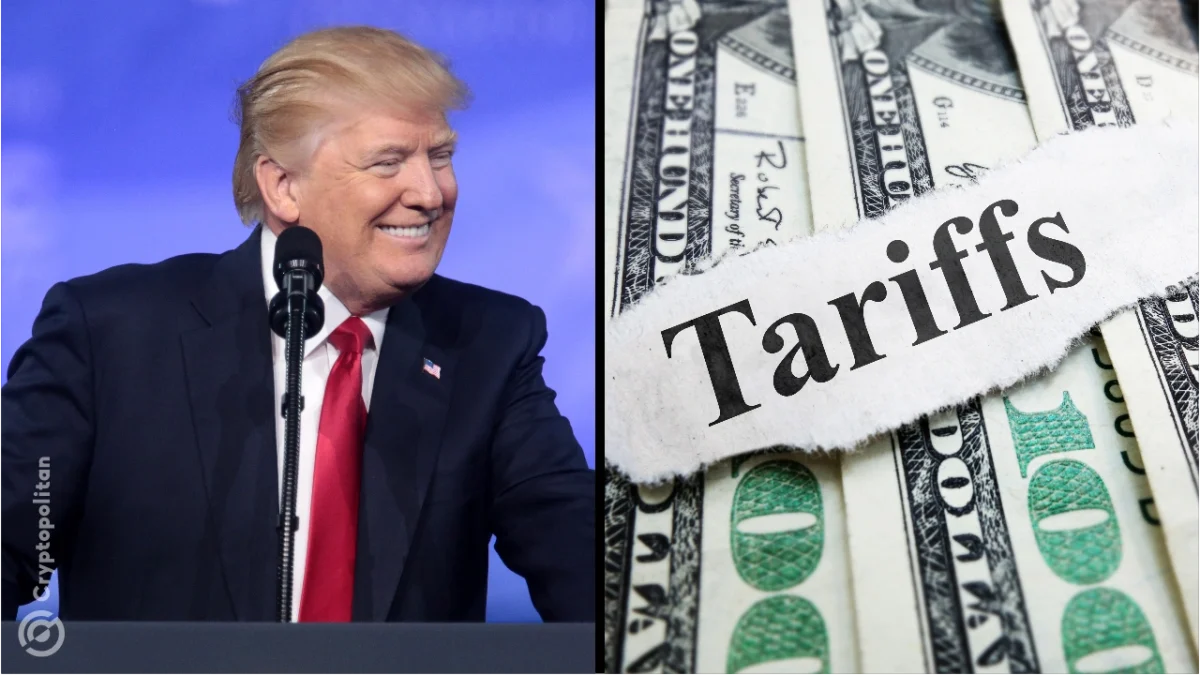220 August 2023
President-elect Bernardo Arévalo.
These words being uttered still came as a shock to many Guatemalans. Just months ago, Arévalo was unknown to the majority of Guatemalans. Polls showed him trailing the leading candidates, and it seemed likely that Guatemalans would have to choose between two establishment Candidates: Zury Rios, daughter of a former military dictator charged with war crimes, and Sandra Torres, a perennial candidate known for corruption.
But after the first round of presidential elections, a shock result occurred: Bernardo Arévalo had reached the threshold to make the second round. And with him facing a run-off with unpopular Sandra Torres, it seemed likely that he would assume the presidency.
But the establishment figures in Guatemalan politics didn’t like this. Known as the “Pacto de Corruptos” (Pact of the corrupt), these corrupt factions have repeatedly attempted to eliminate Arévalo and his party from the race but have failed with the help of international pressure and one unexpected tool: blockchain technology.
In a documentary named Immutable Democracy, details the use of OpenTimestamps, a tool created by blockchain developer Peter Todd and implemented by Guatemalan technology startup Simple Proof, to verify Guatemala’s elections.
OpenTimestamps provided proofs of electoral documents in a non-editable process and was used by Guatemala’s Supreme Electoral Tribunal. OpenTimestamps uses cryptographic timestamps on Bitcoin’s blockchain to verify votes. This solution, which uses hash functions and decentralized blockchain technology, offers a way to compare these verified votes to the official count and prevent fraud.

A new web portal was created, allowing citizens of Guatemala to verify the timestamp proofs for each tally sheet used throughout the election. The web portal allows people to identify irregularities in the vote. And with corrupt parties making allegations of electoral fraud and illegally stealing ballots under the control of the corrupt Ministerio Público (Public Prosecutor’s Office), this technology was able to dispel the allegations made against the popular will of the Guatemalan people, and on January 15, 2024, Bernardo Arévalo was inaugurated as the 52nd president of Guatemala after numerous attempts to delay his inauguration.

(Luis Acosta / AFP via Getty Images) (Source: (Luis Acosta / AFP via Getty Images))
RELATED STORIES:
Blockchain Safeguards Democracy: Guatemala’s Electoral Transparency Revolution (cointrust.com)
Blockchain in Voting Systems: The Future of Secure Elections (emb.global)
Immutable Democracy (youtube.com)
TAKE ACTION:






